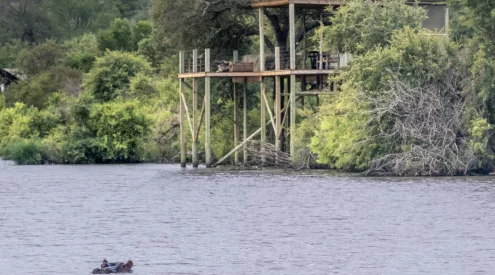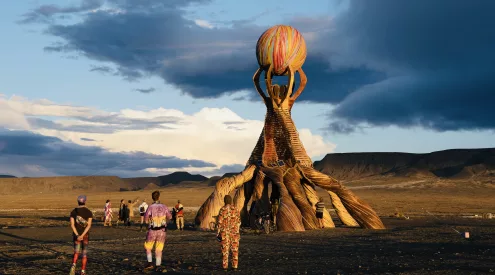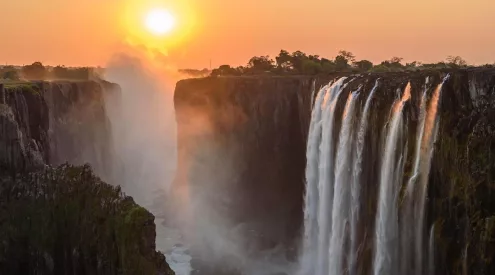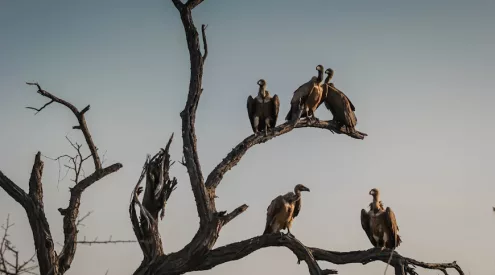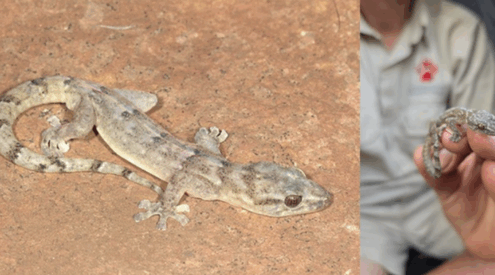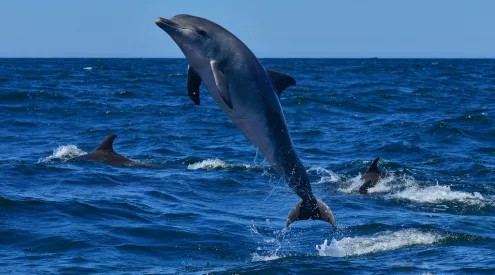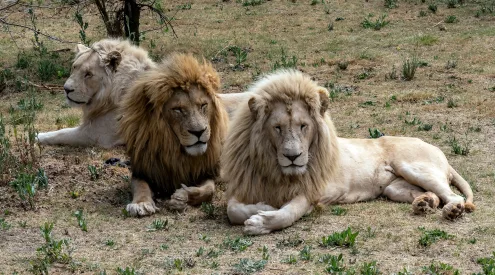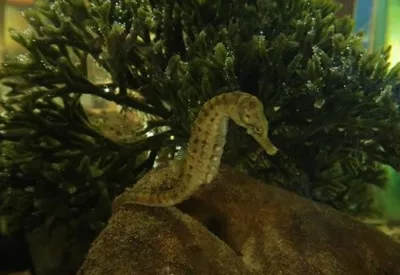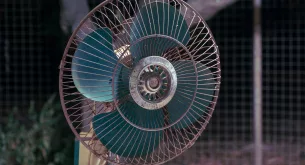One aquarist at uShaka Marine World in Durban is proving that the bonds between humans and animals can dive far deeper than we could ever expect – even with a creature as otherworldly as an octopus.

Picture/The Post
Lingesan Perumal goes beyond caring for marine animals – he connects with them on another level. As an aquarist for the South African Association for Marine Biological Research (SAAMBR), he has formed a close and charming bond with Gyūki, a common octopus (Octopus vulgaris) with an uncommon personality.
Gyūki, who is named after a multi-tailed anime creature, wasn’t always outgoing; “He was small and shy when he first arrived,” says Perumal. “He used to hide every time I came into the exhibit. But I gave him space and the choice to engage — that’s how our trust began.”
Today, Gyūki eagerly greets Perumal with curiosity and playfulness, recognising his presence and even responding to a click of the fingers.
The octopus’s day isn’t just filled with only show-and-tell, but he solves puzzles, opens feeder jars and navigates through maze tubes. Perumal gives him these challenges to keep him mentally stimulated – what is believed to be a necessity for species considered to be one of the most intelligent invertebrates on the planet.
“He even squirts water at me to get my attention,” he laughs. “It’s our version of a tap on the shoulder,” as previously told to The Post.
Reading Gyūki’s body language — from colour shifts to posture — is part of the connection. “He teaches me every day about emotional intelligence in marine life,” Perumal says. “It’s mutual respect. If he doesn’t feel like interacting, I give him space. That’s where the trust is built.”
His deep-seated love for nature was shaped early on by his father, a Swami (spiritual leader), who believed that connecting to nature was a pathway to connecting with the divine. It’s a belief that has flowed naturally into Perumal’s chosen career.
After earning a BSc in Marine Biology from the University of KwaZulu-Natal, becoming an aquarist felt like a calling more than a job.
He’s worked with creatures great and small — from ragged-tooth sharks to baby brine shrimp — but some of his most memorable moments come from five round ribbontail rays he helped care for when he started at uShaka in 2022. “Each had their own personality,” he recalls.
“One used to sit on my feet during cleaning. Another would splash impatiently if I were too slow with food. They were the first animals I trained, and saying goodbye when we released them into the wild was hard, but I felt proud to be part of their story.”
Perumal’s role is diverse and demanding, but it’s never dull. Between diving into the open ocean exhibit for maintenance, running water quality tests, assisting with animal rehab and health checks, and facilitating enrichment, no two days look the same. “It’s not just feeding and cleaning,” he explains. “It’s about building bridges between people and the underwater world.”
For those curious about a similar path, his advice is clear: stay endlessly curious and observant. “Every marine animal has a story. Learn about ecosystems, animal health, and water chemistry. Volunteer. Ask questions. Be ready to work hard, but know that it’s a deeply meaningful and rewarding career.”
ALSO READ: First group of rehabilitated vultures released back into the wild
According to uShaka Marine World spokesperson Ann Kunz, Perumal’s impact has been just as memorable for SAAMBR as it has for Gyūki.
“The octopus recognises him as a gentle and kind presence, and has grown increasingly curious and playful, often enjoying a friendly head rub from Lingesan, who has become his trusted human companion.
“Octopuses are among the most intelligent invertebrates on the planet and can solve puzzles, open jars, navigate mazes, and even use tools. Their ability to learn through observation, adapt to new environments, and show distinct personalities has fascinated scientists and aquarists alike.
“This remarkable intelligence contributes to them forming curious, often playful, interactions when under human care,” said Kunz.
So the next time you wander through uShaka’s exhibits, keep an eye out for Gyūki and the aquarist he’s chosen as his companion. You might just witness a rare connection — one built not on words, but trust, patience, and a few well-placed finger clicks.
Follow us on social media for more travel news, inspiration, and guides. You can also tag us to be featured.
TikTok | Instagram | Facebook | Twitter
ALSO READ: ‘Lost’ gecko species rediscovered in Mpumalanga after more than 33 years

